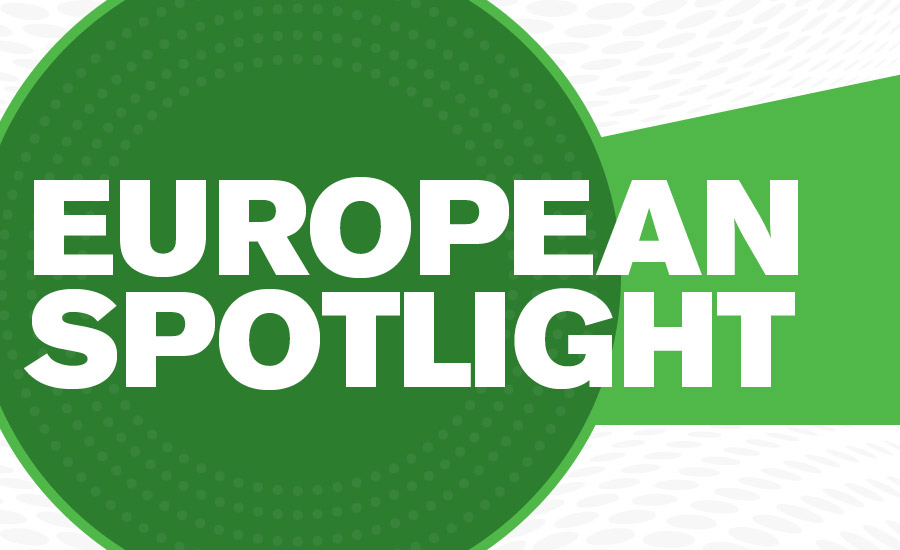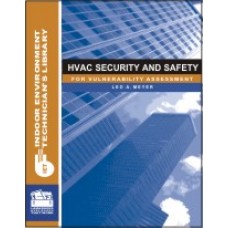The 197 Parties to the Montreal Protocol, meeting in Kigali, Rwanda, have struck a global agreement which will see HFC refrigerant consumption and production phased down from 2019.
The president of the Meeting of Parties, Vincent Biruta, described the agreement as “the most significant climate mitigation step the world has ever taken.”
U.S. Secretary of State John Kerry, in Kigali to underline the commitment of the U.S. to the deal, told the BBC:
“It’s a monumental step forward, that addresses the needs of individual nations but it will give us the opportunity to reduce the warming of the planet by an entire half a degree Centigrade.”
The three tier agreement, which follows eight years of negotiations, is estimated to avoid more than 70 billion tons of CO2-equivalent HFC emissions, according to the lobby group Environmental Investigation Agency (EIA).
The Kigali amendment will cap and phase down HFC consumption starting in 2019, with most developing countries, including China, by far the largest HFC consumer and producer, freezing their HFC consumption in 2024. A second schedule has been agreed for a small number of countries including India, Kuwait, Pakistan, and Saudi Arabia.
The deal was welcomed by the European Union (EU), which has led the action on HFC phasedown, via the F-Gas Regulation.
EU Commissioner for Climate Action and Energy Miguel Arias Cañete said, “This is a huge win for the climate. We have taken the first concrete step in delivering on the promises we made in Paris last December. The global phasedown … could knock off up to half a degree of warming by the end of the century. I am proud of the role the European Union played in brokering this deal. We have shown through our own action on HFCs that this is a fast and cost-effective way to reduce emissions.”
An EU spokesman said, “The EU and its member states have been long-time supporters of proposals for the global phasedown of HFCs. The European Union has shown global leadership through its own action. The EU’s ground breaking legislation on fluorinated greenhouse gases adopted in 2014 demonstrated that an HFC phasedown was feasible. This set an EU-wide cap on consumption of HFCs in 2015, and a first reduction step this year.”
The European Commission announced this week that it would provide €3 million for early action on HFCs in Latin American and Caribbean countries. This is on top of €8 million the Commission is already providing for similar projects in Africa, Southeast Asia, and the Pacific. EU member states currently provide approximately half of the total funding in the Multilateral Fund which helps developing countries comply with their obligations to protect the ozone layer under the Montreal Protocol.
Other agreements covered:
• Standards. Parties are expected to work towards ensuring global industry standards enable the safe introduction of low-global warming potential (GWP) alternatives to HFCs.
• Energy efficiency. Parties are expected to agree to a way forward to maximize energy efficiency in the transition out of HFCs.
• Technology review. Review in 2022 and every five years subsequently. Additional technology review four to five years before 2028 to consider the compliance deferral of two years from the freeze of 2028 in A5 (developing countries) Group 2 to address growth in relevant sectors above a certain threshold.
Clare Perry, EIA UK Climate Campaign Leader, said, “Compromises had to be made but 85 percent of developing countries have committed to the early schedule starting 2024, which is a very significant achievement.”
Content for the European Spotlight is provided courtesy of Refrigeration and Air Conditioning Magazine, London. For more information, visit www.racplus.com.
Publication date: 10/24/2016
Want more HVAC industry news and information? Join The NEWS on Facebook, Twitter, and LinkedIn today!







